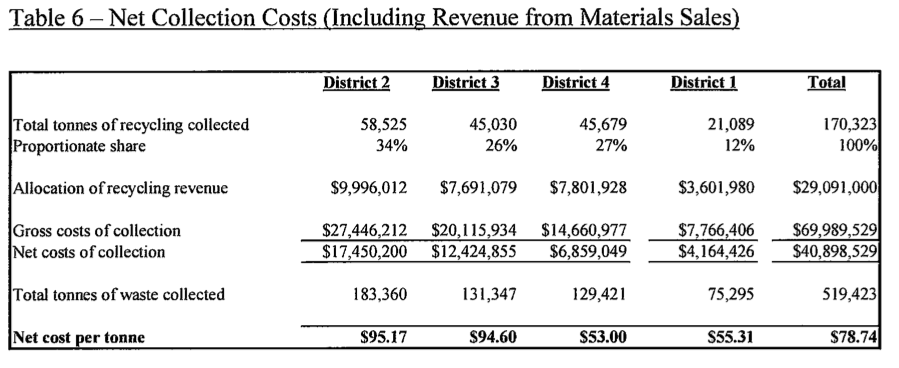There is a little known geological phenomenon that divides Toronto’s east and west sides. Planners — whose grand visions are frequently thwarted by this useless gaping chasm — call it the “Don Valley.” It is truly a scourge that continues to strike when we least expect it.
Its latest victim might be the Mayor’s bold, never-voted-on plan to bury the entirety of the Eglinton LRT. The mayor’s unilateral decision to bury the line came with a $2 billion price tag and two casualties, killing light rail projects for Finch West and Sheppard East.
Here’s John Lorinc, writing for the Globe & Mail:
Under the Transit City strategy, the LRT was to emerge from a tunnel east of Laird and continue eastward on a right-of-way in the middle of Eglinton. But because of Mr. Ford’s changes, Metrolinx officials have spent months grappling with the question of how to get the Crosstown line across the Don Valley.
A tunnel may prove to be too deep and too steep for light rail vehicles, so Bruce McCuaig, president and CEO of Metrolinx, said the agency is looking at building a grade-separated bridge for the LRT as it crosses the ravines. Public consultations on an environmental assessment examining a bridge and other tunnel configurations will begin in early 2012.
via Tunnel plan for Eglinton Crosstown LRT could stymie Ford | Globe & Mail.
Despite continually being reminded that the taxpayers told the mayor that they wanted subways — not streetcars! — and that the war on the car is over, this lazy, insubordinate valley refuses to budge.
Metrolinx is said to be looking at bridge options, but that’s a dangerous path to go down. Lengthy environmental assessment processes threaten to re-politicize transit expansion, forcing council debates and public consultation sessions. In addition, any elevated bridges will almost certainly mean cost overruns and delays, pushing the completion date for the Eglinton project back from the already-distant goal of 2020.
Running the Eglinton line in a median over existing road bridges is, of course, workable. It’s what Transit City called for. But going back to that strategy could potentially jeopardize plans to use automatic operation for the line.
Operating the line in an exclusive, right-of-way on the bridge-crossing sections also immediately brings up another question: why not save a bunch of money and build the line in a protected right-of-way across other sections of Eglinton?
Under Transit City, the surface sections of the Eglinton LRT were always designed to operate at speeds close to or exceeding that of the Bloor-Danforth subway line. Eglinton’s status outside the core as a wide arterial means there’s plenty of room for transit without impacting automobile traffic. In fact, the only upside to burying the entirety of the line is that drivers won’t have to contend with limited left-turn access along the length of the route.
How much is that worth? Is it worth a billion dollars? How about two?
Undermined confidence
Stories like this only serve to undermine any confidence Toronto residents had in ongoing transit plans. At this point, people are so jaded by the planning process that only the true faithful believe that they’ll ever see the projects politicians trip over themselves to point out on maps come election time.
That Metrolinx planners are only now coming to terms with the existence of the Don Valley shows how haphazard this process is. The provincial government made a political decision to appease Rob Ford, but they seemingly never had any idea how to make the mayor’s new transit vision work.
And so we end up here: with a bunch of planners working to overcome the unforeseen problem that is one of the city’s most well-known natural phenomena. Oh, Don Valley. You bastard.




